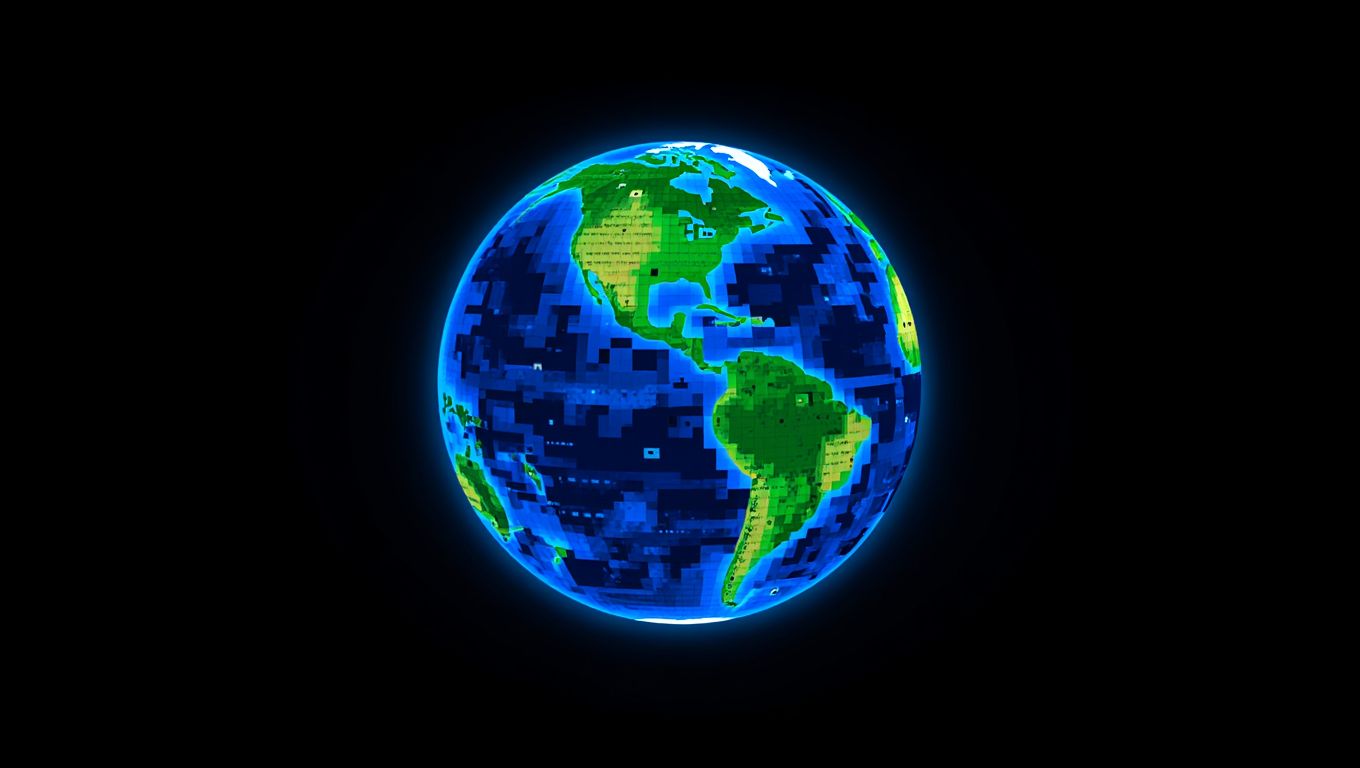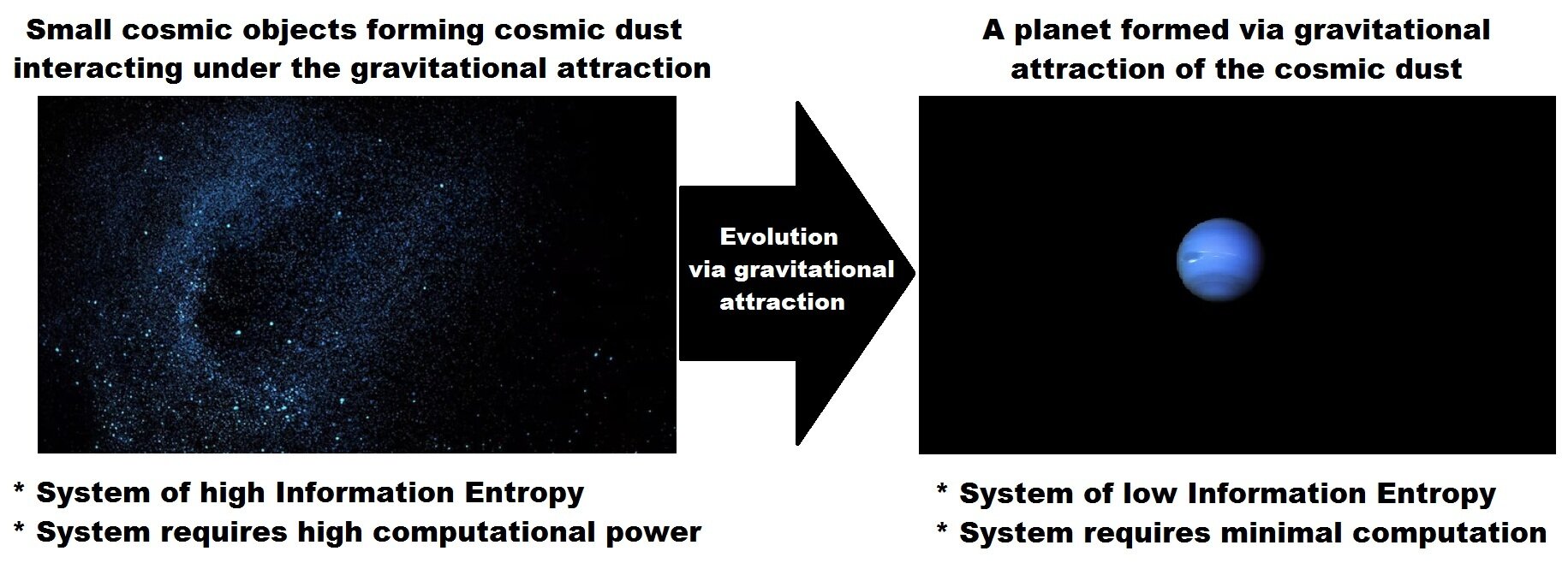A physicist claims the Universe might be pixelated 🌐
Follow us on Google News (click on ☆)

This theory is based on the second law of information dynamics. It suggests that elementary particles store data about themselves, much like DNA in cells. Space would thus be pixelated, with each pixel acting as a binary data storage medium.
Dr. Vopson compares this mechanism to that of video games or virtual reality simulations. In these environments, it is more efficient to calculate the position of a single object than multiple entities. The Universe might operate on the same principle, optimizing its computational power.
This perspective opens new avenues for understanding phenomena like black holes or dark energy. It also raises questions about the very nature of reality. Is the Universe a computational construct? The answer remains to be discovered.
The implications of this theory are vast. They could notably shed light on the links between gravity and quantum information theory. Dr. Vopson's work thus offers a new way to consider the fundamental laws of physics.

Credit: Dr. Melvin Vopson, University of Portsmouth
This approach aligns with speculations by figures like Elon Musk about the simulated nature of our Universe. Though controversial, it shows how science can take unexpected paths to explain the world around us.
What is information physics?
Information physics is a branch of science that studies how information structures physical reality. It postulates that everything, from particles to fundamental forces, can be described in terms of information processing.
This discipline emerges from work in quantum mechanics and information theory. It proposes that the Universe functions like a vast computer, where every interaction is a computational operation.
Researchers are exploring how this perspective can unify the laws of physics. It notably offers a new understanding of phenomena like entropy or gravity.
Though promising, this theory remains speculative. It requires experimental evidence to be fully validated by the scientific community.
How could gravity be linked to information?
Dr. Vopson's theory suggests that gravity results from an optimization of information in the Universe. According to him, the attraction between objects would be a way to reduce the complexity of data stored in spacetime.
This idea is based on the principle that the fewer objects there are to track, the fewer computational resources the system needs. Thus, gravity would be an emergent force from this optimization.
This approach aligns with certain theories in black hole thermodynamics, where information plays a central role. It could also shed light on the nature of dark matter and dark energy.
If this hypothesis is confirmed, it would revolutionize our understanding of the Universe. It would show that the laws of physics are deeply linked to how information is processed.